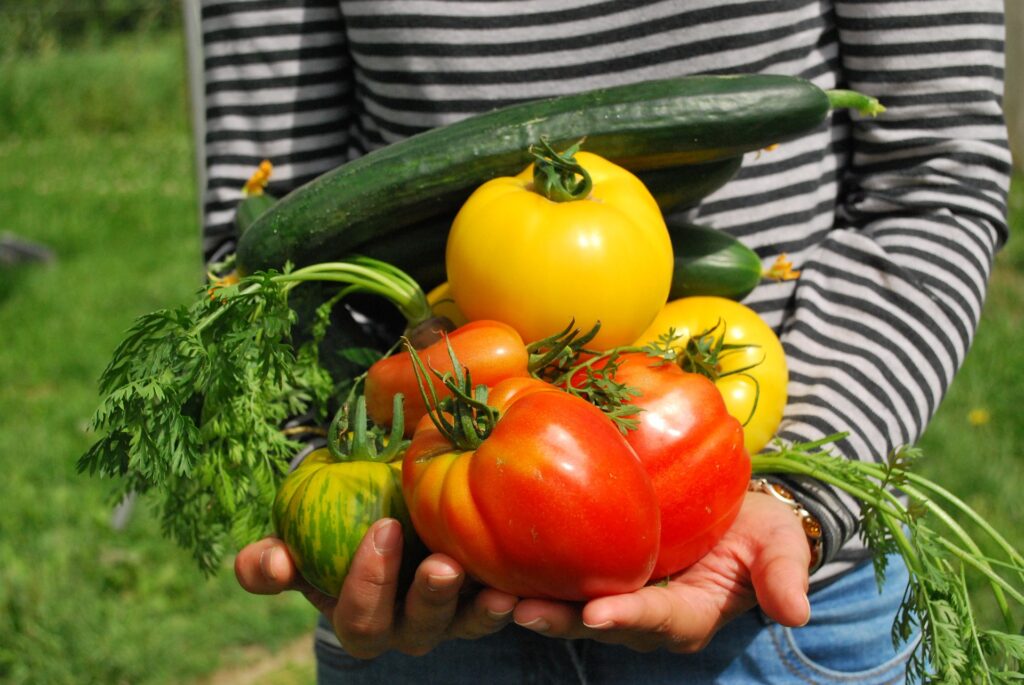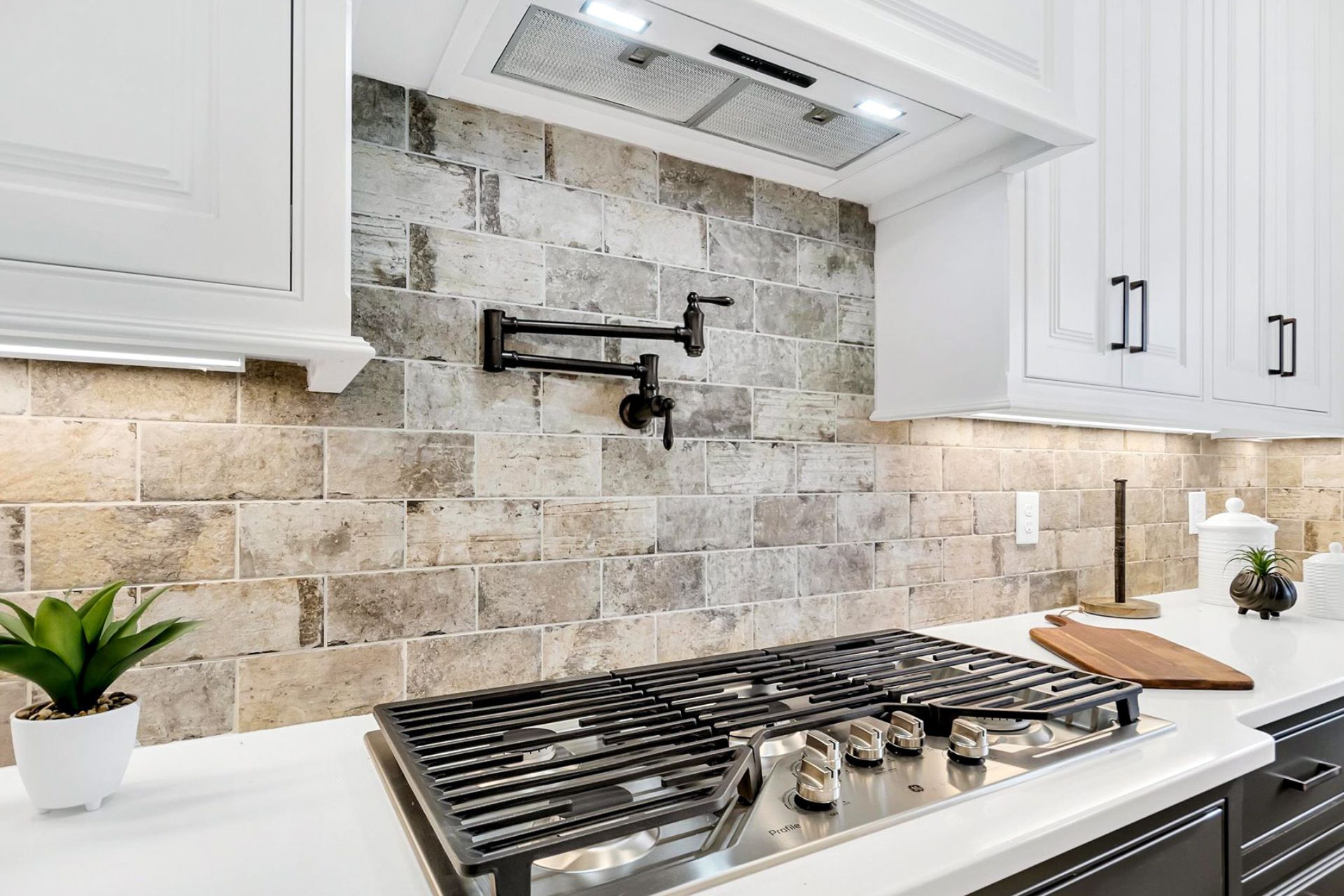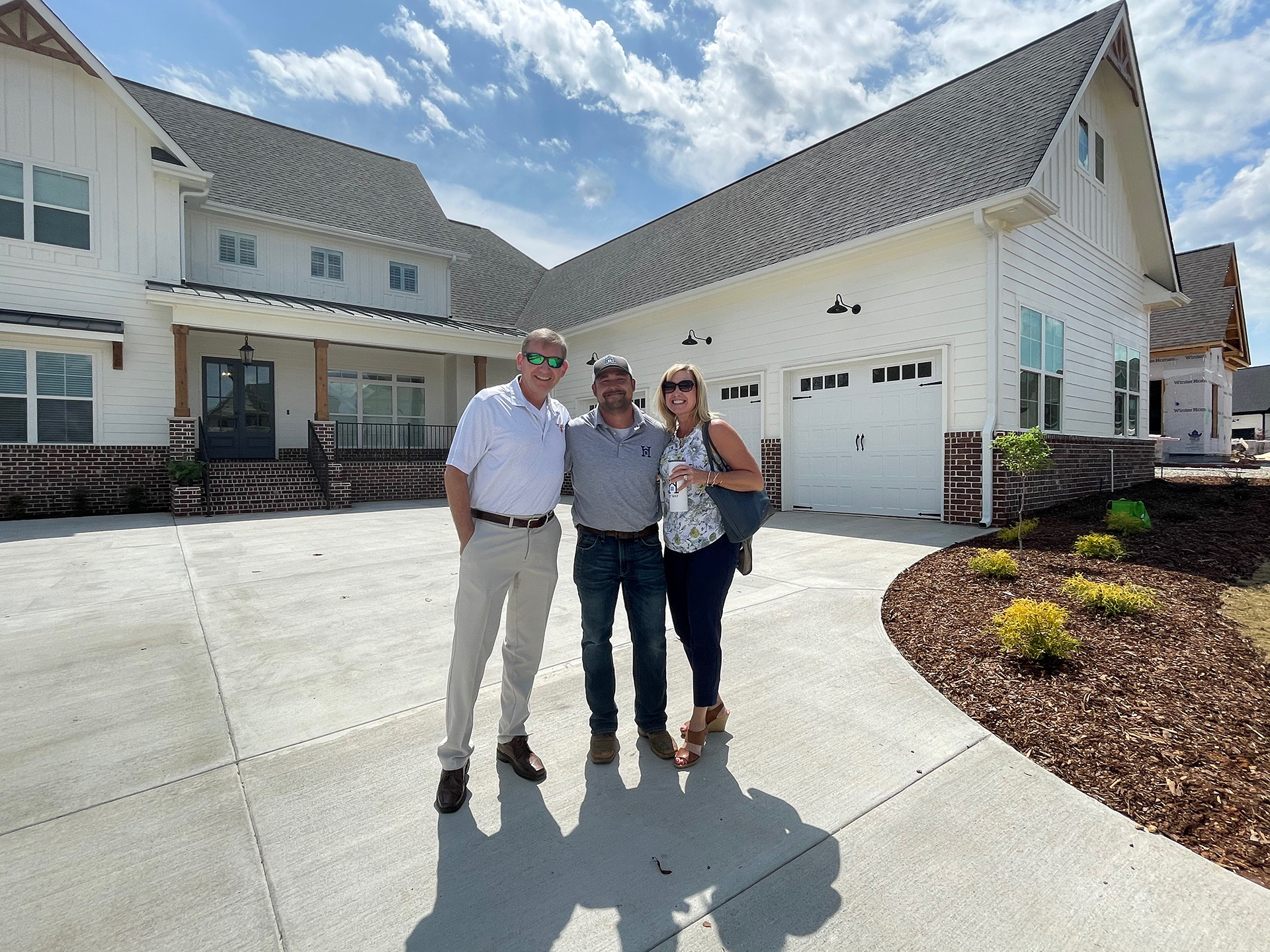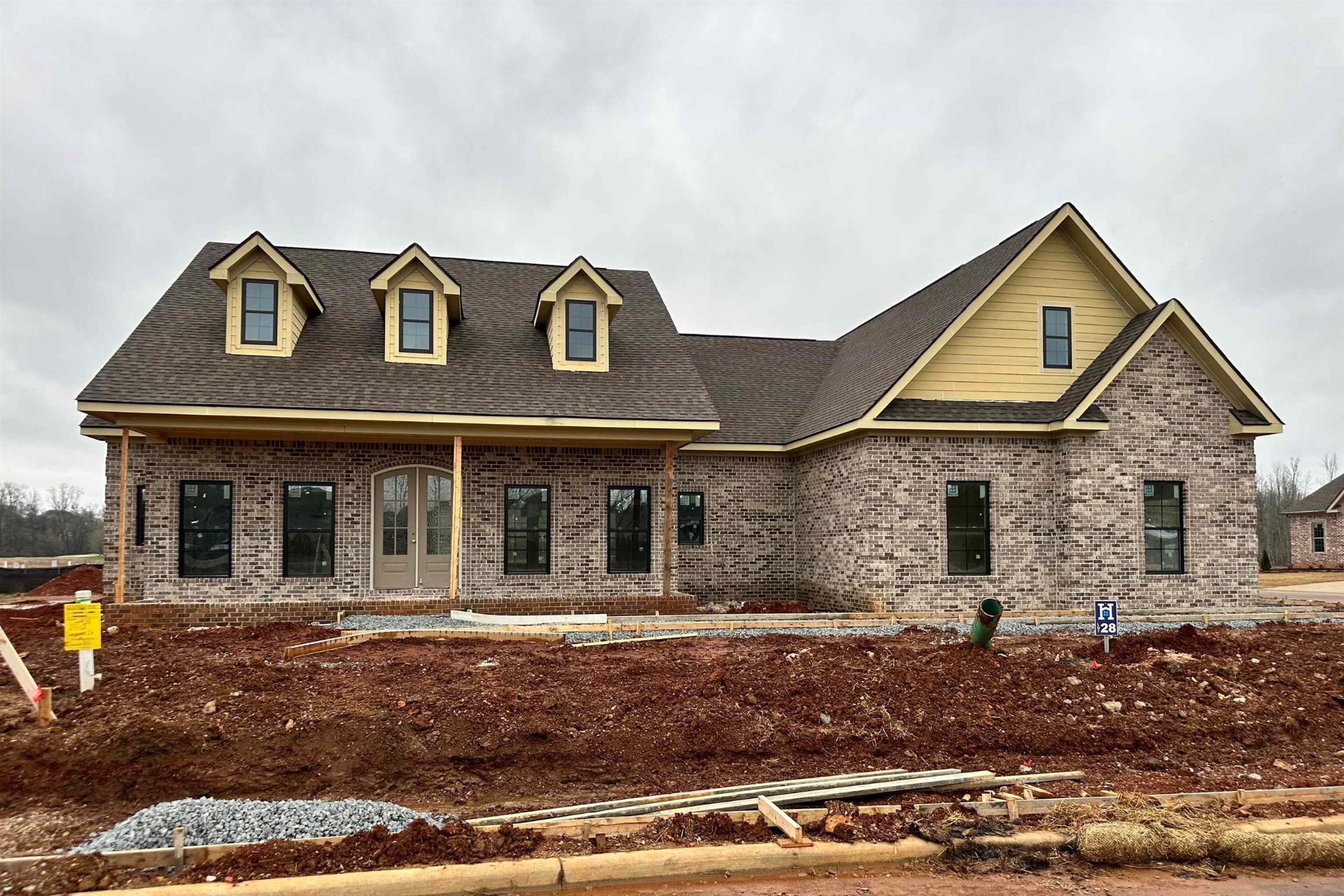These 3 easy DIY home projects are great for the whole family to enjoy throughout the summer.
There’s nothing like an Alabama summer evening working in the garden or watching birds come to a feeder. The sun drops down just below the western horizon to create a panoply of colors throughout the sky. The heat breaks, drifts of mouth-watering smoke from your grill dissipate in the cool breeze that sweeps across the backyard. Tomatoes just pulled from the garden lay freshly sliced and perfectly red on a cutting board. Hummingbirds buzz through the air like fighter jets to pull a few more drops of juice from the feeders before it’s time to roost. You enjoy these tiny aspects of summer goodness even more because they are literally the fruits of your labor.
As many of us are still doing our best to maintain social distance from others, thinking about the safety of our children and elders, we find ourselves at home more this summer than ever before. “Home bodies” we’ve become. And it’s actually not so bad. Because now we can finally complete those tasks we’ve been putting off for so long. We think these three easy DIY home projects will help fill your summer days and in turn produce a bundle of enjoyment as you relax in the evenings.
Grow a Garden
It’s better to be proud of a small garden than be frustrated by a big one. – The Farmer’s Almanac
Planting and maintaining a garden is one of the most cathartic activities in the world. It’s sort of like an agrarian form of therapy that gives you a nice return of vegetables after a few months. If this is your first garden, start simple.
Tomatoes are both easy to plant and grow. As are squash, zucchini, peppers (jalapeño, bell, banana), and radishes. In fact, you could even begin with a herb garden. Rosemary, parsley, and basil, just to name a few, are easy to grow and the first two will volunteer themselves back the next year without you having to do a thing.
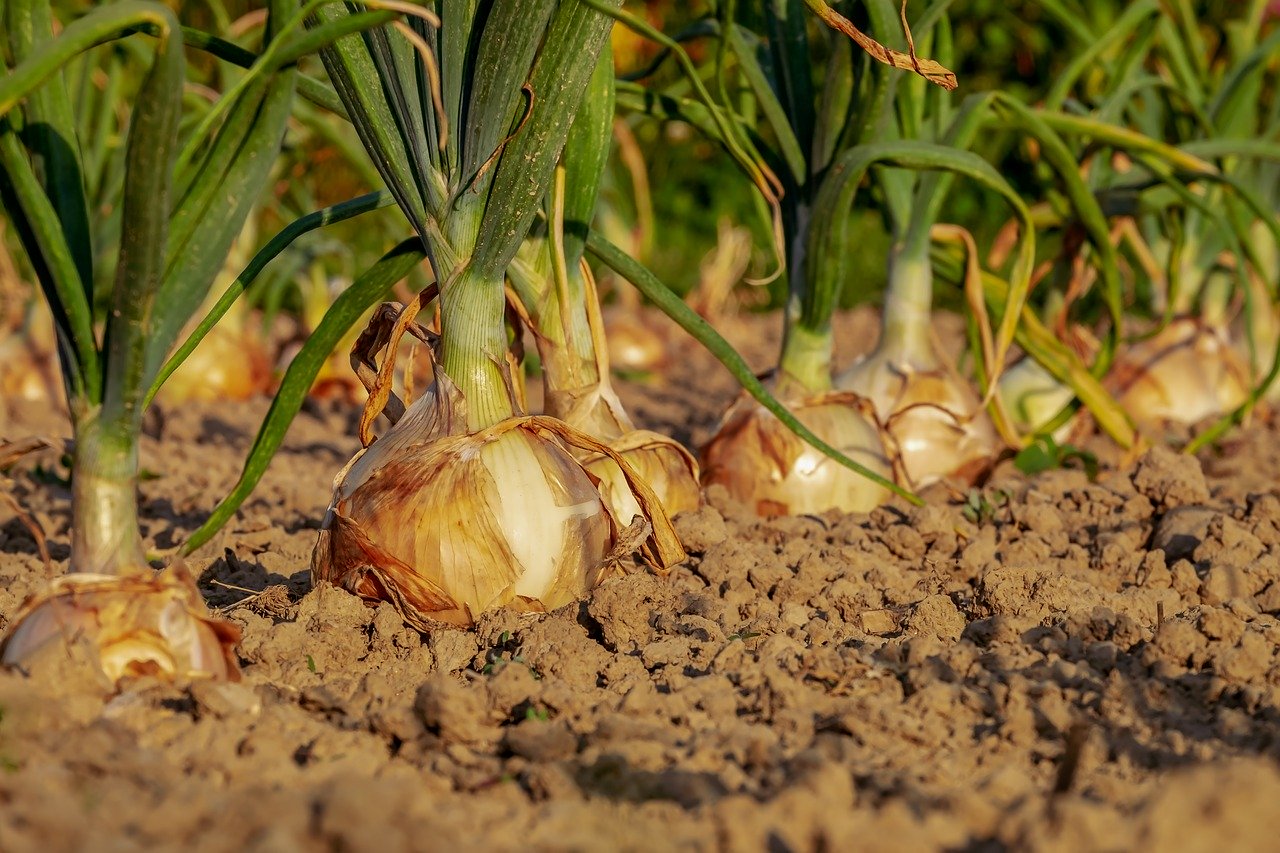
Once you’ve selected the perfect spot – one that runs north and south to ensure it gets ample sunlight – you may consider constructing a simple box garden, also known as a raised bed, using two by eight planks of treated wood. You definitely want a sturdy foundation (or none at all) that’s going to hold together what with all the moisture it’s going to endure. This is just an option, or you can simply create a bed in the soil that may be bordered on the east side with something short like squash, and on the west side with your taller plants, like corn, so that everything gets its share of sun.
The length and width of your garden is dependent upon available space. Really, it’s up to you how many square feet you want to manage. Rent a tiller if you don’t own one to work up the earth then remove all the rocks and mix in potting soil, which typically consists of the proper amount of fertilizer to fully nourish your plants.
Again, consider starting small by planting just a few vegetables that your family likes to eat. Luckily, our Alabama growing season is long, so that if you keep the weeds at bay and the soil watered, your return is going to be hefty and you’ll probably have to share with neighbors, friends, and family. We guarantee they’ll thank you for it.
Hang Bird Feeders
Hummingbirds, in our opinion, are some of the coolest creatures on the planet. Their arrival in the late spring or early summer is an indication of the warm months ahead and can be a great relief to the weariness caused by winter (not so much the cold but cloudy, overcast days that won’t seem to quit). Even the cardinal’s shrill whistle or the mourning dove’s soulful cry brings hope to the heart as they feed nearby.
Hang feeders fairly close to the house where you can see them, preferably from the breakfast table. Drive long, L-shaped metal poles into the ground if you lack optimal tree branches. These you can order or purchase at a local garden supply store. Then by adding bird seed or simple syrup with red food coloring for the hummingbirds, you can create a miniature rookery.
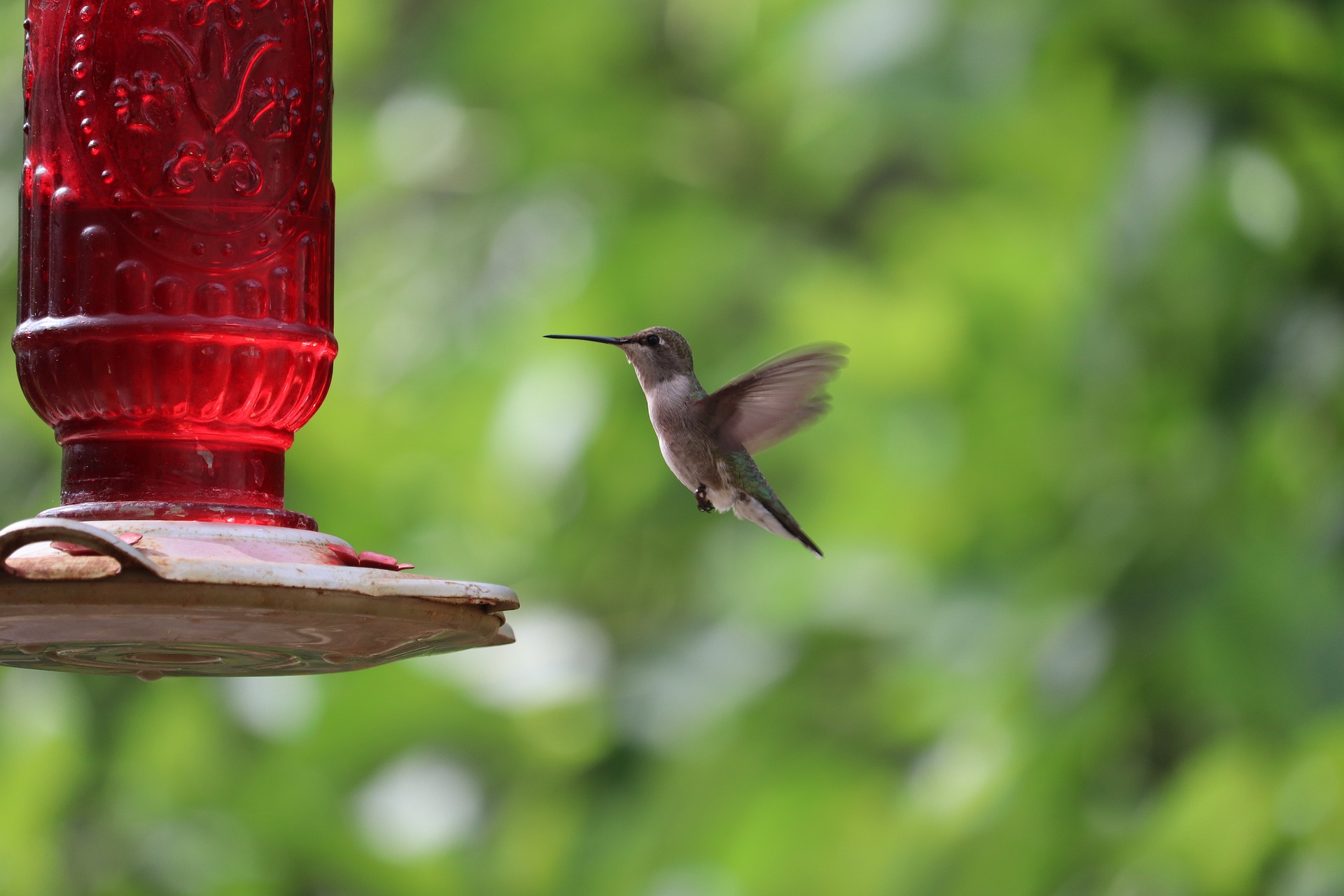
Plant Flowers
When you move into one of our homes, the landscaping is going to look impeccable. However, there are always reasons to plant more flowers! Certain ones draw birds and insects that will help pollinate flowers in the surrounding area as well as your garden. In fact, it’s good practice to toss some wildflower seeds around the periphery of your garden to keep local bees coming back. This will significantly increase the yield of your garden.
Perennials like hibiscus do well in our Alabama climate and will come back for at least the following year without having to be replanted. Your flower beds can be structured just like your garden or you can buy simple planters if you want flowers on the patio closer to the house. Viney flowers like trumpeter or wisteria that can grow up a trellis or say a support column on the back patio are very pretty when they bloom and provide a little shade. Just be prepared to trim these annually as their slow creep eventually becomes a complete take over.
Start Composting
This is a bonus. If you’re going to grow a garden and plant flowers, compost is the cheapest form of fertilizer. Save all your vegetable scraps in a pile in an out-of-the-way place. Mix in a few buckets of fresh dirt and cover the pile with a sheet of heavy black plastic. The plastic will create high heat and humidity to break down the composted items and turn them into fertilizer. In the spring you can add shovel fulls to the garden as you’re working up the soil. In the summer apply as needed to plants that could use a boost.
There are many easy DIY summer home projects. We like these because they’re fairly simple, keep us outside with the family, and ultimately, produce flowers, vegetables, and birds. How can you go wrong with that?

